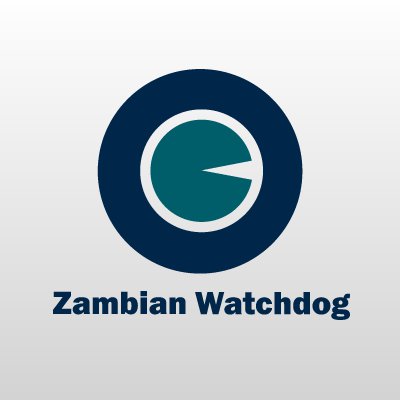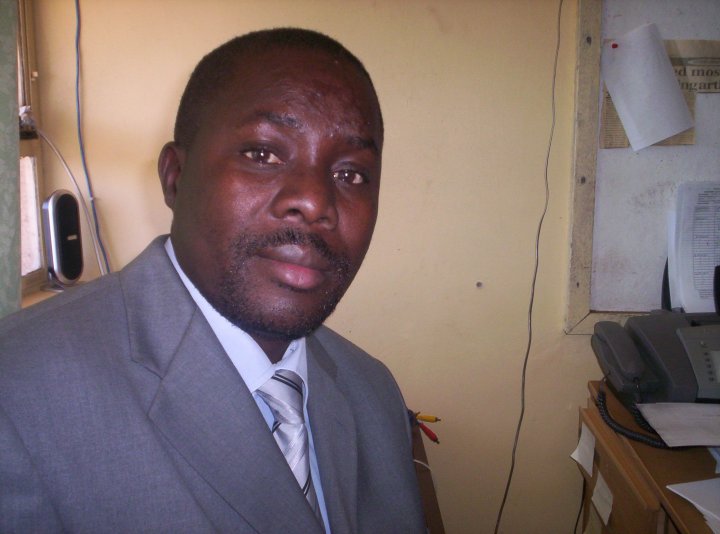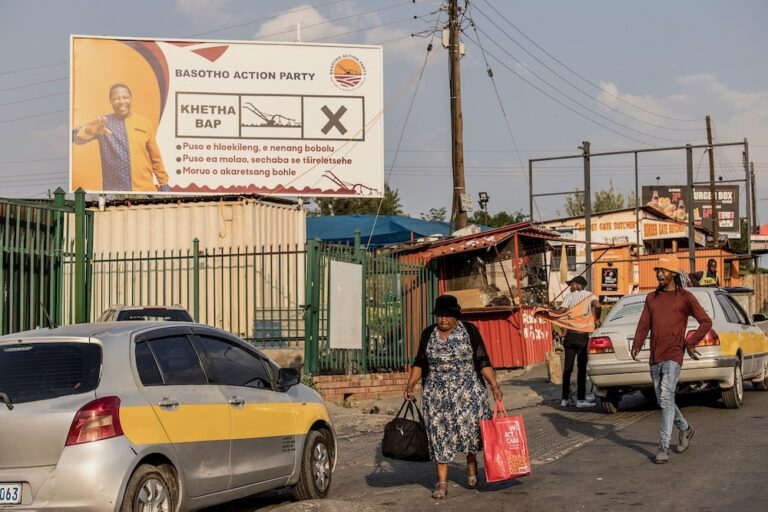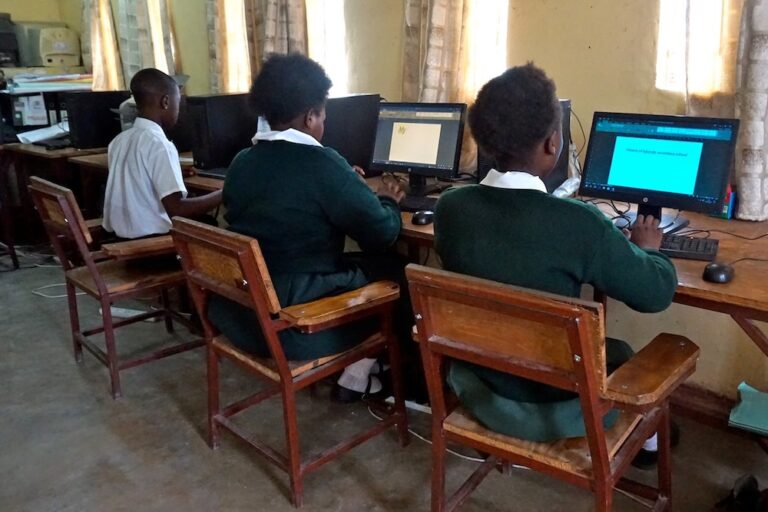Actions taken by Zambian authorities against three journalists are the latest in a series of escalating tactics against the "Zambian Watchdog". Clayson Hamasaka, Thomas Zyambo and Wilson Pondamali have been detained out of suspicion that they are affiliated with the website.
Actions taken by Zambian authorities against three journalists are the latest in a series of escalating tactics against independent news website Zambian Watchdog.
Clayson Hamasaka, Thomas Zyambo and Wilson Pondamali have been detained out of suspicion that they are affiliated with the website that often reports on alleged government corruption, says Reporters Without Borders (RSF).
The Zambian Watchdog is operated by Zambian journalists based abroad, with content from anonymous reporters inside the country. According to the International Press Institute (IPI), the site has a history of persecution that stretches back to at least 2011, when it underwent investigation for publishing an e-mail allegedly written by a politician. The politician in question denied writing the e-mail, and filed a complaint saying that the message had been fabricated. The Committee to Protect Journalists (CPJ) cites news reports that say Zambia’s Minister of Tourism called for the banning of the Watchdog in 2012; the request was allegedly based on fear that the Watchdog‘s critical coverage would impact the country’s image prior to the U.N. World Tourism Organization meeting, which Zambia is scheduled to co-host in August.
The most recent crackdown began on 24 June 2013, when the Watchdog was blocked, says RSF. Attempts by Watchdog staff to circumvent the obstruction were thwarted, while a mirror site created on 19 July by RSF was itself blocked within hours.
Authorities were equally as swift to arrest journalists they believed to contribute to the Watchdog. Both Hamasaka and Zyambo were arrested on 9 July 2013, after police raided their respective homes and confiscated computers and other digital equipment, says the Media Institute of Southern Africa (MISA).
IPI notes that police found documents at Zyambo’s home that included information about how Sata started the ruling Patriotic Front Party. Zyambo has since been charged with sedition is expected to appear in court on 26 July. If sentenced, Zyambo could face a minimum of seven years in jail, says IPI.
“This is just the beginning,” Zyambo told RSF. “I foresee hard times ahead for journalists in Zambia. The government has much to hide.”
Hamasaka, who is a former lecturer at Evelyn Hone College, has meanwhile been interrogated several times by the police since his initial arrest; MISA says that Hamasaka has been warned he will also be charged with sedition.
“What really this is pointing to is an attempt or a desire by the government of Zambia to …sound a warning to any other citizens who might be intending to open up various channels of communication, especially using web-based tools,” said Levi Kabwato, MISA’s programme specialist in media freedom monitoring and research, in a phone interview with IFEX.
Kabwato expressed that he’s noticed a shift in the government’s relationship to alternative and independent media since President Michael Sata and his Patriotic Front party came into power in 2011.
According to The Guardian, most of Zambia’s media is controlled by the state. The Post – regarded as the biggest “independent” newspaper – is controlled by an ally of the President. Meanwhile, critical newspaper The Daily Nation is being sued by the president.
While RSF ranks Zambia 72nd out of 179 countries in its 2013 Reporters Without Borders press freedom index, the organization believes that “the recent developments will almost certainly reverse this progress.”
Zambian authorities may disagree with this opinion. MISA notes that on 22 July, the minister of Information and Broadcasting Services told the Times of Zambia that Sata was not targeting journalists, media bodies or civil society activists.
Just days before the minister’s statement, however, a third journalist was detained over his alleged connection to the Watchdog. Wilson Pondamali, a former reporter for The Post was seized by security personnel on 16 July while on the road from Lusaka to Kabwe, says CPJ. MISA notes that he is currently facing four charges, among them the unlawful possession of military books, and the theft of a Kabwe municipal book.
The journalist was expected to appear in court, says MISA, but instead fell ill on 22 July and had to be taken to hospital.

The Zambian Watchdog’s logoImage downloaded from www.Facebook.com/ZambianWatchdog



